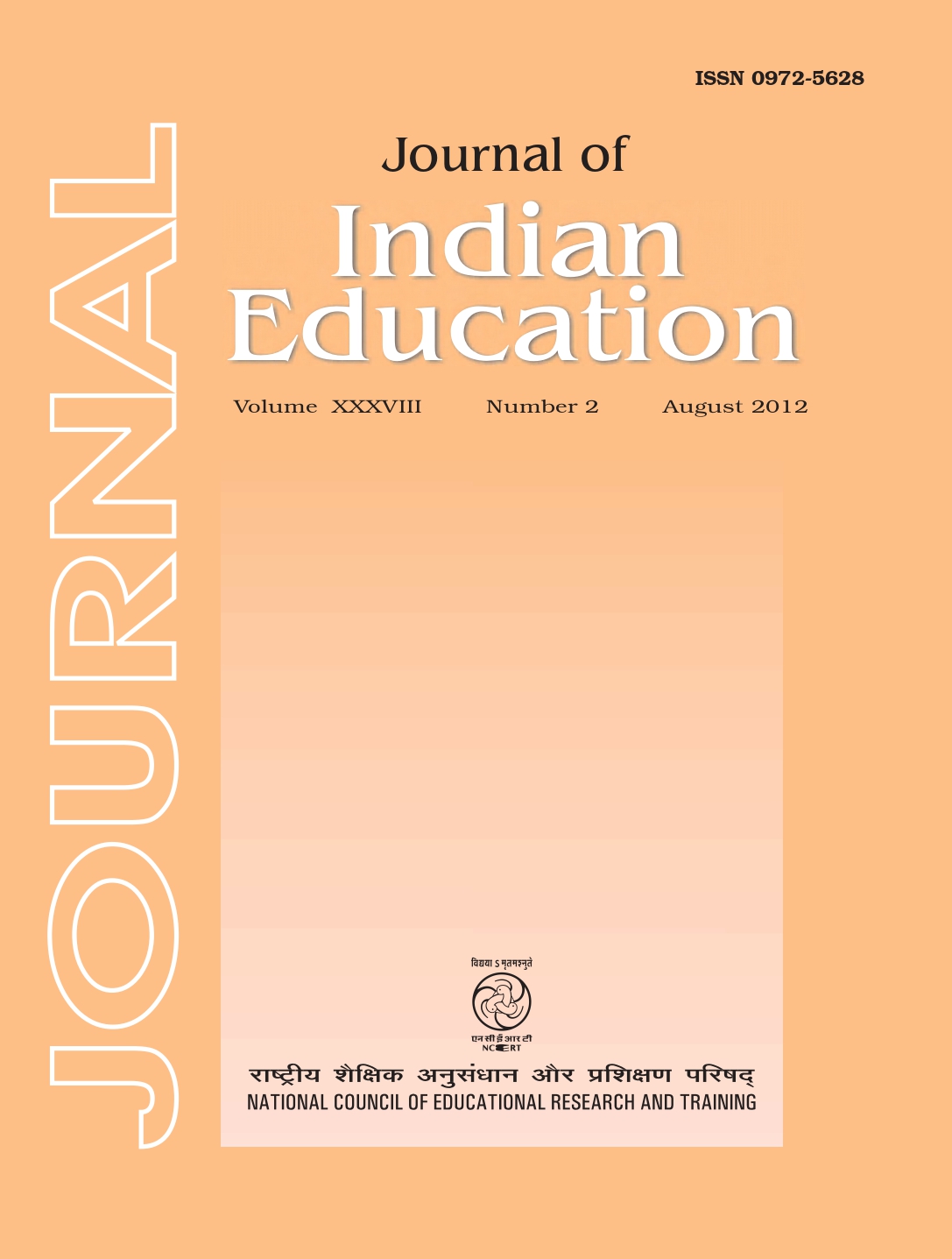Published 2024-12-03
Keywords
- Educational Reform,
- Education in India
How to Cite
Abstract
A country has to grapple with problems inherited from the past, issues that it needs to address in the present and those that are important to shape the future. In the developing world, as in India, the accumulated burden of the past is a major hindrance in the shaping of the future. This burden is visible in indicators such as poverty, illiteracy or lack of education, or malnutrition, or lack of infrastructure. But the thoughts and systems that we inherit can be an unseen burden that constantly creates bottlenecks. The phrase ‘thinking outside the box’ is used very often, but when it comes to actual implementation, we are slaves to our past which pushes us back inside the box. The word ‘past’ used to refer to centuries at one time. Now, with rapidly changing communication technologies, often five years seems to be a long time ago. In India too, the pace of change has quickened perceptibly, whether we like it or not. There was a time when the Indian mind was used to status quo. Today, there is impatience for change of one kind or another, and in one direction or another. How can we address challenges of education in this quick-paced change? What kind of systems do we need to ensure that we are not trapped in the burden of the past?

